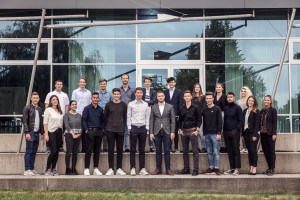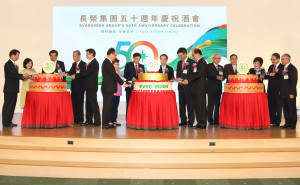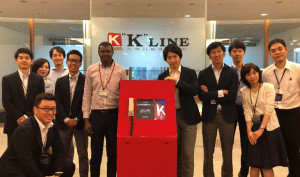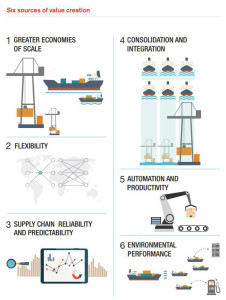Kawasaki Kisen Kaisha, Ltd. (“K” Line) has been selected again as an Asia Pacific Index component of the Dow Jones Sustainability Indices (DJSI), one of the leading global indices on Socially Responsible Investment (SRI) (*). It has been “K” Line’s good fortune to have been selected for 8 consecutive years since 2011.
DJSI is the world’s leading SRI Index jointly operated by S&P Dow Jones Indices LLC of the United States and Robeco SAM AG of Switzerland, which only includes the top-ranked companies among all large worldwide companies as a result of its evaluation of their sustainability performance in terms of social, environmental and economic criteria. Launched in 1999, DSJI is one of the first global sustainability benchmarks for investors which integrate sustainability consideration into their portfolios.
We have raised ESG as one of the important initiatives in our medium-term management plan. We will continue striving to fulfill our social responsibility through ESG initiatives and contribute to sustainable progress of the society.
* SRI (Socially Responsible Investment) describes an investment strategy which takes account of enterprises’ social, ethical and environmental aspects as well as financial performance.












